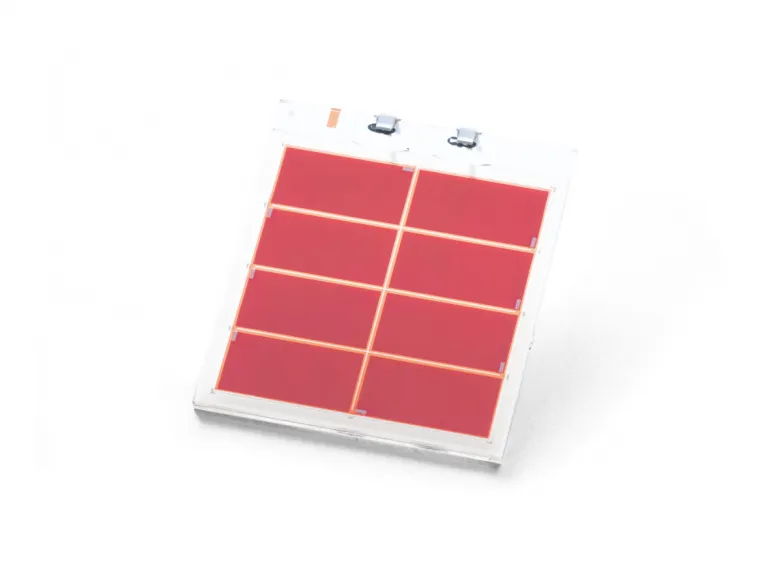Ricoh launches solar cell for indoor applications
- The Japanese electronics business has actually produced a solid-state, dye-sensitized solar cell for integration into sensors and consumer electronics. The business says the gadget can produce electricity from indoor light.

Ricoh Business Ltd has introduced a solid-state, dye-sensitized solar cell for combination with sensing units and other standalone devices that require low levels of electricity.
The cells are connected in series to form modules. The biggest module available –-- measuring 52x84mm and with an output of 230 microwatts –-- has been incorporated into the ‘& lsquo; Loopline T1 & rsquo; energy generating desk developed by Japanese corporation Taisei as part of a sustainable workplace furnishings variety. Ricoh says further potential applications consist of powering remote controllers and environmental sensors.
A paper released in 2015 at the Massachusetts Institute of Innovation approximated the market for device-integrated solar batteries could be worth more than $1 billion by 2024, and will require the advancement of dedicated gadgets and enhanced service designs for their manufacture.
Liquid issues
Dye-sensitized solar batteries have interested scientists for many years thanks to their potential for low-priced manufacturing. Nevertheless, the existence of a liquid electrolyte has shown a headache for product advancement, something Ricoh has actually eliminated with its solid-state device.
“& ldquo; Initially, our DSSC [dye-sensitized solar cell] innovation applied the natural photoconductor innovation that we developed to drive our multi-function printers,” & rdquo; stated Tetsuya Tanaka, basic manager of Ricoh’& rsquo; s Energy Harvest Organisation Center. “& ldquo; Belief in technology that fuels the future led us to leverage that exact same DSSC technology to fuel renewable energy in environments critical to our consumers, such as workplaces with little natural light. We’& rsquo; re delighted to present solid-state DSSC technology to the world and are eager to continue establishing brand-new applications for this vital eco-friendly energy source.”
& rdquo; Colors Information of the chemistry used in the new device were not released however Ricoh stated it uses an organic p-type semiconductor with solid additive representatives.
The device is initially being provided in dark red, and Ricoh said that it can change the dye color and is establishing transparent cells for smart phone integration. The cells will be available in Japan this month, first in the 52x84mm format with smaller variations to follow in March and April.
Swedish start-up Exeger is establishing dye-sensitized solar cells for comparable applications and, after receiving $10 million from Japan’& rsquo; s Softbank, anticipates to ship its first items this year.
Also read

